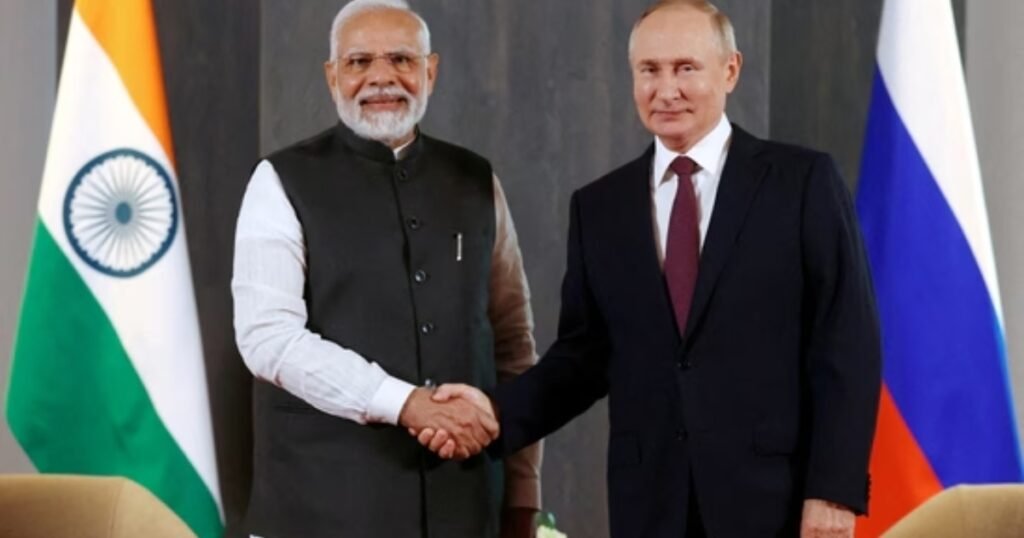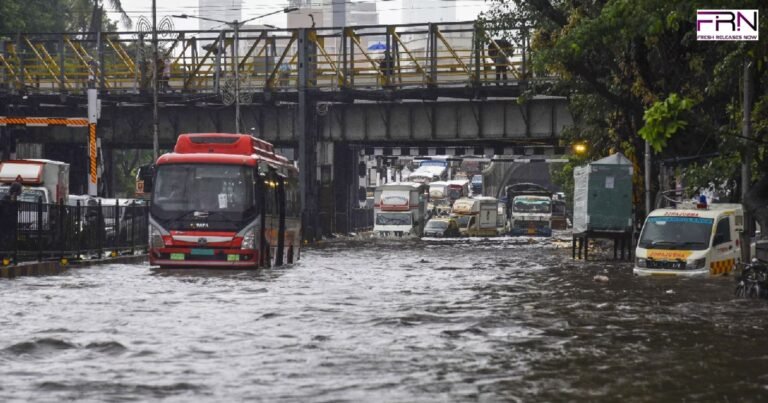
India and Russia have been on good terms for more than 6 decades. Russia has been one of the biggest sources of crude oil for India. As generations are changing over the years, it has been impacting demand for oil that is impacting its cost and supply. This has also been impacting the trade relationships between two countries as India has been implementing Western sanctions.
Russia used to offer crude oil to India for $8-10 per barrel, which has been reduced to $3-4 per barrel. As the discount rate is low, India has been facing cost management issues to purchase crude oil from Russia. The overall crude oil industry of the country is now focusing on energy security while keeping fuel costs in check.
Rising Costs and the Strain on Trade
With the rise in crude oil, transportation costs are also increasing gradually with an increase in necessary intermediaries that facilitate these transactions and insurance. There are many intermediaries who play a critical role in shipping and ensuring Russian oil is squeezed out of the market because they cannot cover the increasing costs anymore. These factors are delay and creating uncertainty about the future of trade.
The dependence of India on Russian oil has also put it in a difficult position, as it requires balancing its geopolitical interests with its economic needs. Many international shipping organizations are reluctant to engage with Russian crude for fear of violating Western sanctions. This has also created a market of smaller intermediaries, causing cost escalation and deterioration in trade efficiency. This is one of the reasons for India to experience a slowdown in the speed at which Russian oil is reaching its shores. Being one of the world’s largest importers, India is facing several issues associated with the rise in crude oil’s cost.
Even though the price of oil has been an issue for India, crude oil import from Russia was 11.7%, which is 1.9 million barrels per day in September. The trade and transaction of crude oil have remained constant, which has been positively impacting relationships between both the countries.
Political Factors and Global Implications
Over time, India has strengthened its relationships with the West and other Indo-Pacific nations. This is also one of the reasons for India to face political friction because global politics has been suppressing energy security and economic priorities of the country. Russia has also been facing issues exporting its oil due to the high cost, which affects its intermediary support and increases the complexity of exporting oil to nations like China and India. Russia’s supply of crude oil to India is important for the country in its militarized and politically volatile regions in the world. So, the trade relationship is apparently essential for both of the countries.
Opportunities Associated with the Issue
If we dig deeper into the matter, it is easier to analyze the relationship between both countries, which largely depends on how both nations manage these issues with rising costs. India acquires strong leadership, which it can use for its long-term energy security against the immediate costs of maintaining its oil ties with the country. Russia, on the other side, must have navigated a world of increasing isolation. Along with this, the country has also sought new markets for its oil.
Conclusion
Long-time friendships sometimes face challenges, but what matters is an unwavering trust in each other. However, the rising cost of oil has shifted the trade dynamics of both countries to a critical juncture. Response to these challenges will help to determine if their energy partnership can continue to thrive or if it will falter under the weight of the rising cost.


